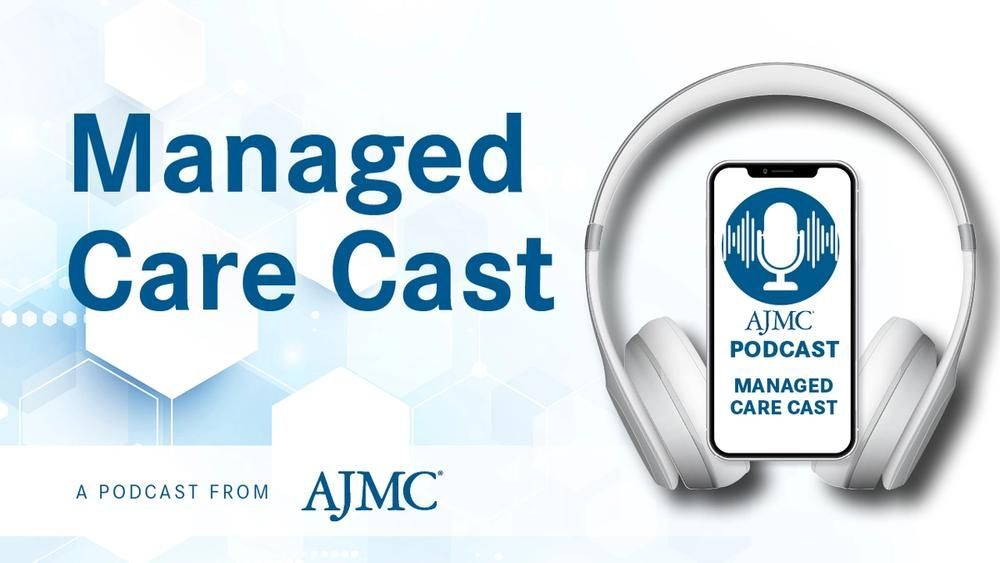Video
Existing Treatment Landscape of Immunotherapies
Michael Kolodziej, MD: I think that there is little doubt that immunotherapy, particularly its emergence over the last 2 years, has revolutionized the way oncologists approach patients. And it has created some new challenges for us to think about how to pay for very expensive innovation.
The payer’s ability to evaluate the toxicity profile, and even the risk-benefit ratio of novel therapies, immunotherapy, as well as any other kind of therapy, is a little bit limited. It’s probably fair to say that the historical perspective of the payer has been that the benefits of traditional chemotherapy are modest. The cost, in terms of dollar cost, as well as human cost, have been substantial. So, I think that’s been the playing field.
I think the view regarding immunotherapy has been really colored by the perception that, number one, it’s an effective modality for some extremely difficult to treat malignancies. And, number two, that there may be a subset of patients who really, really, really benefit from it, that have prolonged benefit from it. It’s probably fair to say that we’re a little bit early in terms of our ability as payers to understand, for example, the impact on toxicity, especially as it’s reflected in our claims data. And then, of course, we don’t yet have a longitudinal view. That is what’s going to happen over the next 2, 3, 4, 5, even 10 years, because we just haven’t had the agents long enough. So, we are following uptake, we’re looking at utilization, and we’re waiting to see how the universe of oncology adopts and goes forward with this really exciting treatment.
To this point in time, most of what we have seen in the immunotherapy realm has been monotherapy with one important exception. That is, the combinations in malignant melanoma. There’s a tremendous amount of enthusiasm for the benefits of combination immunotherapy, both combination immunotherapies, as well as, immunotherapy in combination with other conventional chemotherapy agents in sequence or concurrently. And, then, there will be a whole new class of drugs that we have even yet to see will affect other points in the immunotherapy pathway. The truth of the matter is we just don’t know. And I think there’s a little bit of concern among the payer community about the cost of these combination therapies. There’s also concern about the toxicities of combination therapies. At this point, most health plans would view that as an experimental approach for most patients, and they’re standing back to wait and see what happens.




